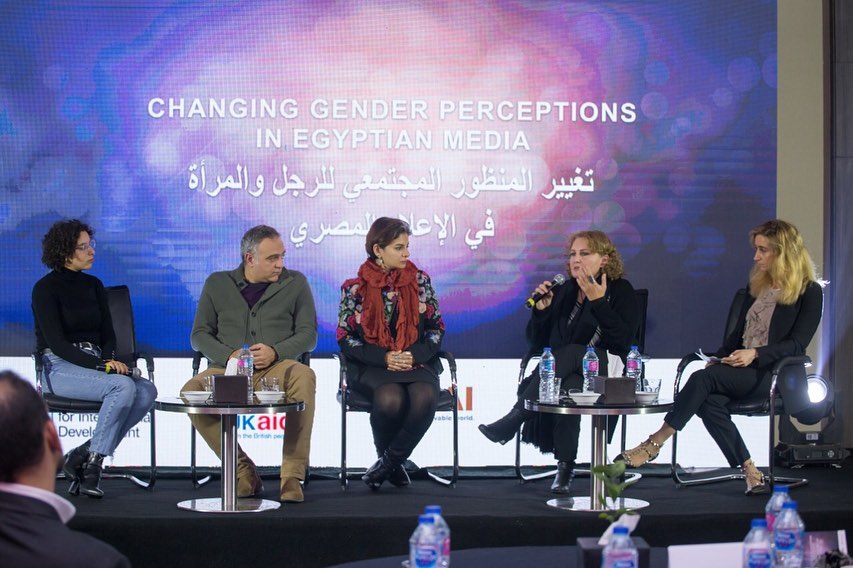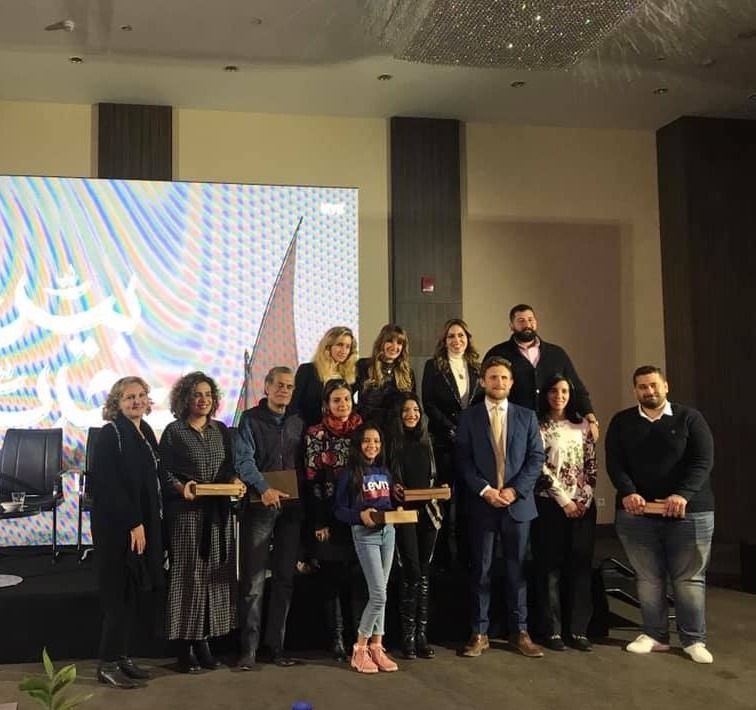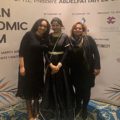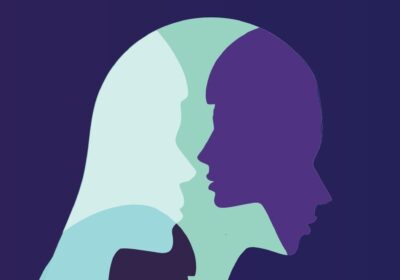Media plays a major role in changing or enforcing ‘norm’ in any type of societal issues. In Egypt, the society is generally glued to their phones consuming content. This content is more often than not a reflection of society’s viewpoints and it often portrays the challenges women are faced with.
In an attempt to tackle the unconscious bias and social stigmas women face in the media, Ahead of The Curve (ATC) and the Arab Women’s Enterprise Fund (AWEF) hosted an event on “Changing Gender Perceptions in Egyptian Media” on February 4 at the Steigenberger Hotel.
The Role of Media in Supporting Women
Popular culture often presents gender based violence as the ‘norm’ or ‘funny’. Nihal Sharara, managing director of ATC, said that artistic content in the media, especially films, television dramas, songs and advertisements, play a role in reflecting whatever is present in society.
“They [media] can also play a role in creating what is happening in society by confirming and focusing on negative behavior without condemning it. They can also play a role in presenting new, healthier concepts. If we are doing a scene with violence against women, how is it presented? Is it presented as something regrettable? Or something that should be condemned?” she said.
This is exactly what the panelists went on to discuss. The whole point of the panel is to gather people working in the media to address how society can fix gender gap issues between women and men in Egypt. The panel included Screenwriter Mariam Naoum, Film Producer Mohamed Hefzy and young Egyptian Actress Sarrah Abd El Rahman.

Photo from Ahead of The Curve (ATC)’s Instagram
Hefzy pointed out that the issue is not only with the actors and actresses, but also with producers and directors. “There is a huge percentage of directors and producers who believe women don’t get big roles in the film industry,” he said.
The same goes for film festivals and selection committees that deal with arts. “The first problem is that we aren’t even acknowledging that there is a problem,” he emphasized.
But the issue of the gender gap starts from very early on. True that the panelists were focusing on unlocking the main aspects in regards to the media’s role in promoting negative behavior, but the source of the problem is far beyond just the media.
“In the end, the person who gives preference to the brother over the sister, is the mother. Mothers can also convince their daughter’s that husbands have power over them too,” said Naoum.
Womens’ Struggles And The Film of the Night

Movie Poster
One film that actually went one step forward and addressed the issue of violence against women is “Between Two Seas” that was written by Naoum herself. The film addresses gendered conventions that women in Egypt are faced with – specifically in rural, informal communities.
925Egypt spoke to the Executive Producer of the film, Abdelrahman Al Garawany, who explained that their production team has been working with UN Women and the National Council of Women for quite some time to produce in-depth, accurate stories.
“The film is also very important because of the collaboration between other institutions that are aware of the topic and all its details. The UN Women and the National Council for Women do research on the struggles women face [and this is something that] a production company cannot do alone,” said Al Garawany.
Al Garawany explained that even though the media has an impact and reaches a lot of people, the element of drama is necessary when it comes to telling the intricate details of the struggles faced by women.
“When a woman is exposed to violence, no one will see the intricacies of this disaster without entering her life and this is what film [and drama] does,” he said.
Looking Beyond Media
Before the panel discussion began, Sharara explained that the North African and Middle East region has a low female workforce from a macroeconomic point of view.
“Having women be economically active and employed has huge consequences on the productivity level, the national economy level and the social, cultural and family level too,” Sharara said.
Sharara elaborated by saying that having a better gender distribution in the Egyptian workforce may increase the GDP by about 34%. “When we look at having a gender diverse workforce, it contributes to sustainability and higher production levels,” she said.
Interestingly, Sharara expressed that most working women in Egypt, who are married and have children, spend most of their income on their household.
“The private sector does have bias when it comes to hiring women. For example, maternity leave has issues. Companies ask young women who are married if they have plans to have a baby because they think maternity leave is a loss for them,” Sharara explained.
But as Sharara put it, if there was a paternity leave too, things would not be ‘unequal’. However, the concept of paternity leave is not present in the Egyptian culture.
“There are certain cultural beliefs present in our society now that are much more regressive than ever before. This is when it comes to the role of women and violence against women…These beliefs are, in a way or another, popular culture,” Sharara said.




























